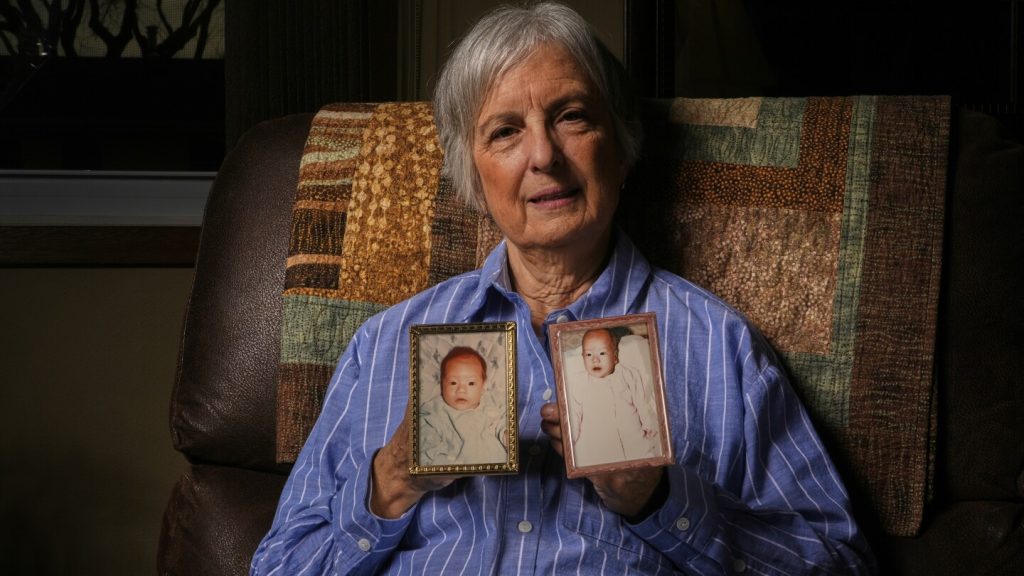In a recent expose, it was revealed how Korea created a baby pipeline to meet Western demand for children, with agencies resorting to fraud, kidnapping, and deception to quickly process international adoptions. This revelation shook adoption communities worldwide, with many adoptees and adoptive parents feeling a deep sense of betrayal. Peg Reif, who adopted two children from Korea in the 1980s, was devastated after learning about the systemic abuses in the adoption system. She now questions the narratives around foreign adoption and struggles with the possibility that her children might have been taken from their birth families.
Reform efforts are underway in Europe, with countries launching investigations, halting foreign adoptions, and apologizing to adoptees for failing to protect them. However, the United States, which has the largest number of adopted children, has yet to review its own history or acknowledge its role in facilitating the flawed adoption system. The U.S. State Department acknowledged the possibility of falsified documents but claimed no awareness of such practices. Meanwhile, adoptees are registering their DNA for family searches in increasing numbers, seeking to uncover the truth about their origins.
While Korean government agencies defend adoptions as a means to care for needy children, the Ministry of Health and Welfare has acknowledged that welfare cost reduction may have fueled the adoption boom in the 1970s and 80s. The Truth and Reconciliation Commission in Korea has been investigating the government’s accountability in foreign adoption issues, with a focus on addressing complaints from adoptees. A new law mandates that adoption records be centralized under the National Center for the Rights of the Child, but challenges remain in managing the vast number of files and addressing the surge in family search requests.
The adoption industry in Korea has faced criticism for its lack of transparency and privacy concerns, with adoptees often encountering discrepancies in their supposed birth family connections. Advocates emphasize the importance of providing adoptees with unredacted documents and accurate information about their origins. Lynelle Long, founder of InterCountry Adoptee Voices, calls for legislative changes to prevent fraudulent adoption practices and ensure the rights of adoptees are protected. Adoptive parents like Reif are urged to acknowledge their role in the adoption process and advocate for reforms that prioritize the well-being of the children involved.
Jenn Hamilton, Reif’s daughter, has been on a journey to uncover the truth about her own origins, facing challenges and revelations that have left her questioning her identity and family connections. Despite the emotional toll of her search, she remains grateful for her adoption but seeks closure and clarity about her past. As adoptees navigate the complexities of their histories, the adoption industry continues to undergo scrutiny and calls for accountability. Reif, deeply devoted to her children, reflects on her adoption experience and grapples with the moral implications of unknowingly participating in a flawed system. She expresses regret over potential harm caused to birth families and the profound impact on those affected by the adoption scandal.


